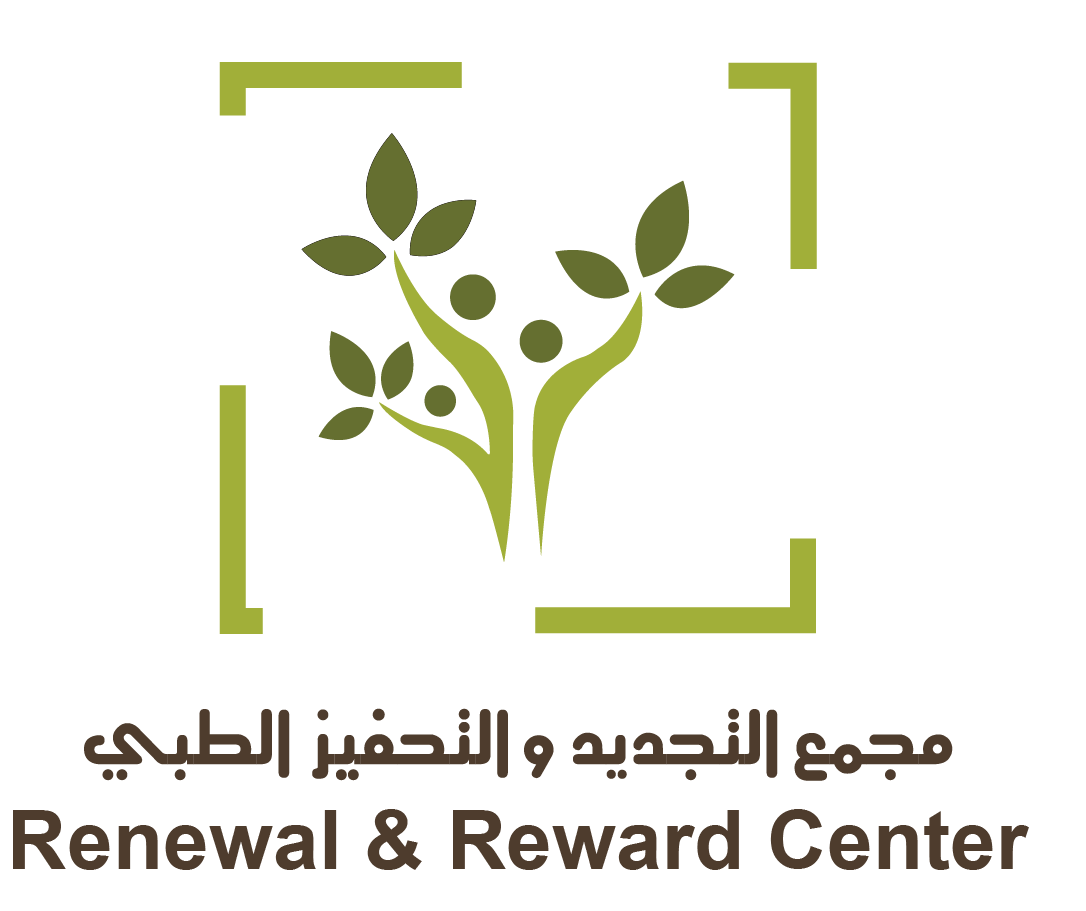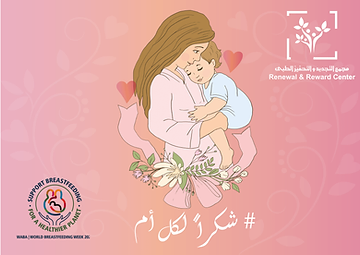Breastfeeding is an easy choice for some people, but others face barriers related to mental and physical health, financial, practical application or information, and this makes the choice more complicated.
We will review some of the reasons why mothers refuse to breastfeed:
Some health concerns:
Some health problems cause a decrease in milk production in mothers, which makes the breastfeeding process very stressful and undesirable. Some mothers may worry about the medications they take and how these medications may affect their babies.
Although people with some health issues can breastfeed naturally and are often encouraged to do so, it can still be difficult for some cases. Women with breast cancer may not be able to breastfeed after radiation therapy or a mastectomy. In addition, there are some other problems such as HIV infection, then breastfeeding is not recommended.
Personal beliefs:
In one of its articles on promoting breastfeeding, UNICEF notes that embarrassment, body image problems, fear and lack of confidence can all contribute to negative feelings about breastfeeding.
Fears and embarrassment about showing the breast to a nurse or breastfeeding a child can make many mothers feel uncomfortable. Modesty is personal and very important in our Arab world, but there are several ways to help feel comfortable and private in breastfeeding, such as using cloth covers when feeding.
When thoughts of breastfeeding cause embarrassment, inconvenience, or shame, a parent is likely to decide not to breastfeed. In addition, some people see breasts as sexual objects and may find it difficult to get over that.
Lack of support, moral or physical
The truth is that getting to breastfeed can be difficult, especially without guidance on necessary skills such as latching on and preventing nipple pain and engorgement. Many new parents do not receive breastfeeding support once they leave the hospital. Sometimes, they don’t get much help while in the hospital, and they also may not know where to turn for help or who to go to with questions if they have problems. They also may not know how common it is to struggle or become frustrated while dealing with breastfeeding.
If new parents are not given follow-up instructions and information about the resources available to them, they may be more likely to stop breastfeeding.
The impact of health care providers
Some healthcare professionals are not educated in breastfeeding techniques or how to deal with breastfeeding issues. If the parent or child’s healthcare provider does not support or understand breastfeeding, any challenges that arise may not be adequately resolved. Or parents may not be encouraged to continue nursing.
It can be difficult to deal with a new baby, family responsibilities, home, and the additional stress of work or school. The pressures of pumping or breastfeeding are stressful, and regular pumping isn’t always possible with every work or school schedule. It may contribute to parents’ reluctance to breastfeed.
Financial problems:
Buying pumps and enrolling in breast-feeding courses can be expensive. If women need to pump and don’t know where to go for help or don’t qualify for programs like WIC, and can’t afford to get the help they need, it may prevent them from continuing to breastfeed.
However, it should be noted that long-term breastfeeding tends to be much less expensive than using formula. Aside from pumping, which not all women may need, breastfeeding is less expensive.
finally
We can all overcome the barriers to breastfeeding. Also, “We need to educate mothers about the benefits of breastfeeding, emphasizing that if you cannot breastfeed your baby will be fine.
Breastfeeding is a personal choice that should be respected. Parents who decide not to breastfeed should not be judged, and we all need to understand each other’s choices and support each other regardless of the feeding (or parenting) method we choose. In the end, we all want the same thing – to have happy, healthy children.
This article was written by
Rejuvenating and stimulating complex
Psychologist
Alaa Al-Hawsawi


